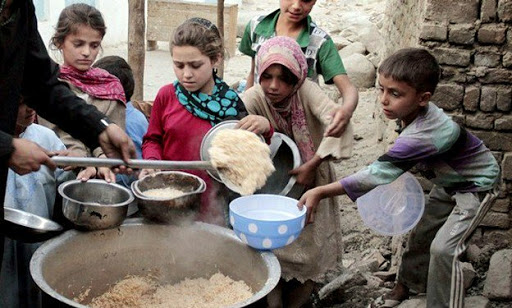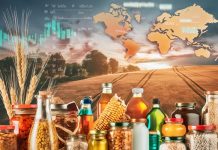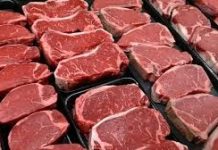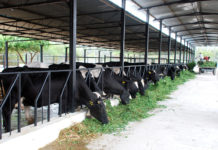Monitoring Desk
UN’s Food and Agriculture Organization (FAO) and World Food Programme (WFP) have identified 27 countries that are on the frontline of impending COVID-19-driven food crises, as the pandemic’s knock-on effects aggravate pre-existing drivers of hunger.
No world region is immune, from Afghanistan and Bangladesh in Asia, to Haiti, Venezuela and Central America, to Iraq, Lebanon, Sudan and Syria in the Middle East to Burkina Faso, Cameroon, Liberia Mali, Niger, Nigeria, Mozambique, Sierra Leone and Zimbabwe in Africa.
The joint analysis by FAO and WFP warns these “hotspot countries” are at high risk of – and in some cases are already seeing – significant food security deteriorations in the coming months, including rising numbers of people pushed into acute hunger.
These countries were already grappling with high levels of food insecurity and acute hunger even before COVID-19, due to pre-existing shocks and stressors such as economic crises, instability and insecurity, climate extremes, and, plant pests and animal diseases, noted FAO Director-General QU Dongyu.
“Now they are on the frontline and bearing the brunt of COVID-19’s disruptive effects on food systems, which are fuelling a hunger crisis within a health crisis,” he said, adding: “We must not think of this as a risk that will emerge sometime down the line. We cannot treat this as tomorrow’s problem. We need to do more to safeguard both food systems and our most vulnerable populations – right now.”
Four ways COVID-19 is pushing up acute food insecurity
FAO and WFP say that there are four main ways that COVID-19 is pushing people into deeper hunger:
Dropping employment and wages means that people have less money to spend on household food and that overseas workers send to relatives in food insecure countries as remittances. At the same time, food prices are up in many hotspot countries, posing a barrier to food access.
A range of disruptions associated with necessary pandemic and health countermeasures are also having significant – and increasing – impacts on food production and supply.
Plummeting government revenues mean that critical safety nets such as social protection and school feeding programs are underfunded and unable to respond to growing needs.
Finally, the pandemic may contribute to political instability as well as fuelling conflict, for example between communities over natural resources like water or grazing land or migration routes, which further disrupts agricultural production and markets.
Emerging evidence from ongoing FAO surveys in countries with food crises contexts back up today’s joint analysis, indicating that food production is emerging as a serious challenge.
Surveyed farmers are reporting numerous challenges in accessing seeds, resulting in reduced planting. In Haiti, 90 percent of interviewees expect to see a significant decrease in cereal production. In Colombia, over half of livestock keepers questioned report difficulties in accessing feed, while in South Sudan, two-thirds of respondents say they are struggling to access animal health support.
This dynamic is likely to lead to a vicious cycle of declining production, reduced agricultural labour opportunities and increasing food prices, resulting in negative coping strategies and a further deterioration of food and nutrition security.
In a bid to counter these trends, FAO today released a revised appeal for $428.5 million under the UN system’s Global Humanitarian Response Plan for COVID-19 that addresses the mounting needs in the food and agriculture sector, focusing on urgent livelihoods assistance to safeguard livelihoods, maintaining food chains and ensuring the most vulnerable people can access and produce vital, nutritious food, as also on on data collection and analysis that can inform interventions.
Responding to the challenges requires scaled-up urgent action, according to FAO. Critical agricultural seasons, livestock movements for pasture and water, food harvesting, processing and storage are not activities that can be put on hold.
“If we act now and at scale, we can keep as many people as possible producing food, safeguard their livelihoods and reduce their need for humanitarian food assistance, while laying the foundations for a resilient recovery,” said FAO’s Qu, adding: “It is not too late to prevent the worst hunger crisis in generations.”
Also in response to growing humanitarian needs in the food and agriculture sector, last week FAO’s governing council approved the Director-General’s proposal to establish a new Office on Resilience and Emergencies that aims to significantly expand the Organization’s capacity to rapidly respond to humanitarian crises and save livelihoods to save lives.















